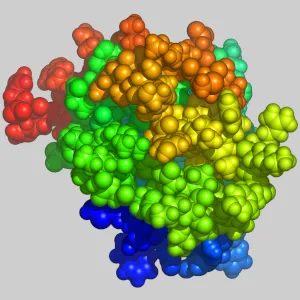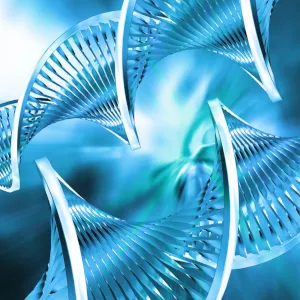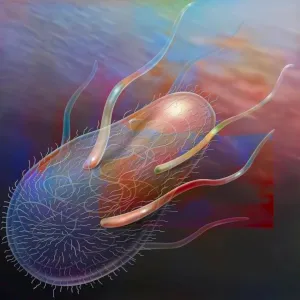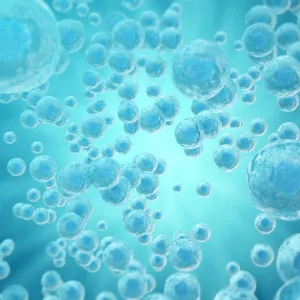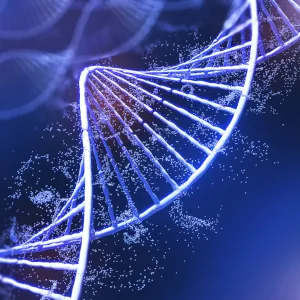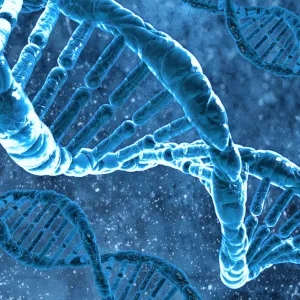God’s Protein Pump
Posted on: 25 May 2025 by Richard Worsley
Posted in: [Creation and World History] [Biology]
God's Protein Pump
This post is named after the associated article from the Institute for Creation Research. We now know that the cell is a highly complex piece of machinery, and textbooks describing cellular anatomy are now well in excess of 1400 pages. This complexity is still not fully understood, as more continues to be discovered. Much of the machinery is driven by proteins, which are themselves highly complex and highly organised molecular structures. The Apostle Paul stated that we are without excuse with all the visible evidence for creation, and this could not be more true than in recent decades, as major discoveries have been made in the field of molecular biology.
Go to Post
